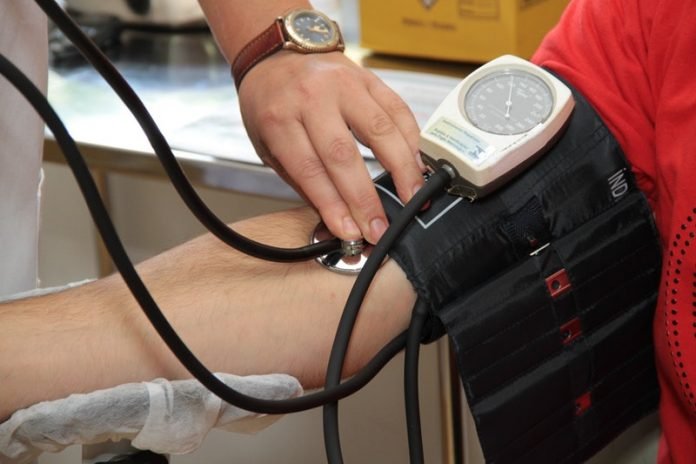
A recent study led by the Queen Mary University of London and elsewhere have found that a one-off operation could help treat high blood pressure.
This surgery targets the nerves connected to the kidney and could maintain reduced blood pressure in patients for at least 6 months.
Patients who were treated with the procedure needed fewer blood pressure drugs.
The study is published in the journal Circulation. One author is Professor Melvin Lobo from Queen Mary University of London and Barts Health NHS Trust.
The surgery is called ‘renal denervation’. It uses ultrasound energy to disrupt the nerves between the kidneys and the brain that carry signals for controlling blood pressure.
The researchers tested the procedure on patients in the United States, France, Germany, the Netherlands, Belgium, and the United Kingdom.
These patients received either renal denervation or a ‘sham procedure’ — the surgical equivalent of a placebo.
Results showed that the surgery led to a strong and safe blood pressure lowering effect after two months in patients not taking blood pressure drugs.
A further test of 140 patients showed that the blood pressure lowering the effect of renal denervation was maintained six months after the operation.
Though the majority of patients needed the addition of drugs to improve blood pressure control, more than twice as many patients were completely free of medication at 6 months in the treatment group.
In addition, renal denervation reduced blood pressure to a greater extent at six months, and there were no safety concerns in either group throughout the 6 months.
The researchers say that if the findings are confirmed in larger and longer clinical trials, the surgery could offer hope to people with high blood pressure.
This can help reduce the risk of stroke and heart attack.
Copyright © 2019 Knowridge Science Report. All rights reserved.



